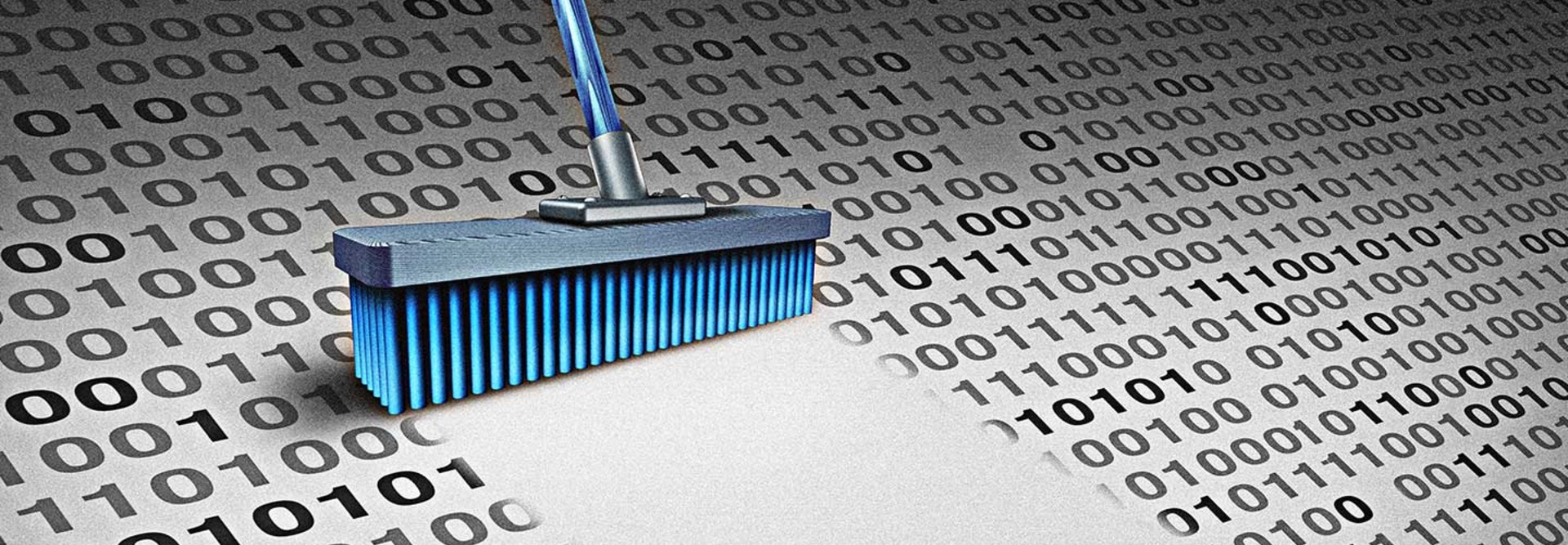3 Tips for Feds Looking to Ditch Old Datasets
The digital universe is expanding at a staggering rate as government agencies, businesses and citizens generate troves of data each day. The McKinsey Global Institute estimated in December that the United States possesses more than two zettabytes of information — equivalent to 2 trillion gigabytes.
Such growth creates opportunities for innovation but poses challenges to federal agencies seeking to comply with data retention requirements. What’s more staggering? That number likely will double every three years.
IT officials should pay attention to their organization’s electronic activities and ensure they stay within the bounds of federal records laws and regulations.
1. Understand What "Record" Means
Agencies hoping to follow record retention requirements must begin with understanding the term “federal record.” Fortunately, the Federal Records Act provides a definition:
All recorded information, regardless of form or characteristics, made or received by a federal agency under Federal law or in connection with the transaction of public business and preserved or appropriate for preservation … as evidence of the organization, functions, policies, decisions, procedures, operations or other activities of the United States Government or because of the informational value of data in them.
While a few categories of information are excluded — such as the personal papers of federal employees — generally, any data handled by a federal agency qualifies as a federal record.
2. Know Record Retention Schedules
The act requires agencies to preserve records with historic value or specific lasting value.
The majority of records are temporary, and may be disposed of when they are no longer necessary. Agency employees can then follow record retention schedules to determine the appropriate amount of time to hold on to the data.
For example, meeting agendas are generally preserved, but photos of social functions eventually may be discarded.
In addition, employees should know their obligations under agency-specific schedules.
3. Use Electronic-Record Retention Technology
Electronic records require special handling to ensure systems do not automatically purge records on a schedule or when disks become full.
The National Archives and Records Administration recommends all agencies follow the Defense Department electronic-records management standard and select records management software that will manage records from desktop applications, maintain email for record keeping, transfer electronic records to NARA and automate business processes.









